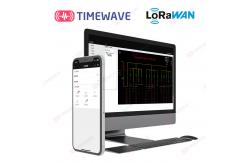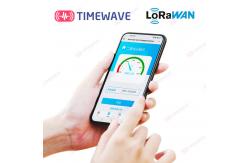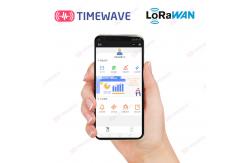Intelligent Power Distribution Monitoring System Management Equipment LoRAWAN
|
|
Environment Monitoring System Distribution equipment management for Power Distribution Room
Platform Introduction According to the actual situation of the power distribution room, we independently developed the TimeWaveCloud distribution room power environment monitoring platform and intelligent energy consumption dynamic environment monitoring unit (iFSU). It realizes load operation monitoring such as current, voltage, power and power factors, bus temperature measurement monitoring, cable temperature measurement monitoring, environmental monitoring, entrance guard, air conditioner/fan control, etc. Realize power environment monitoring to avoid power distribution equipment operation failure caused by out of control operation environment. Extend the service life of equipment and ensure the safety of maintenance personnel.
Introduction to system functions and features
Wiring diagram
Platform access overview (platform operation and maintenance): mainly showing the total access, total transformer quantity, total transformer capacity, total equipment quantity and daily load, daily electricity quantity and map display. The platform operation and maintenance display can be shared.
|
||||||||||||||||
| Product Tags: Intelligent Power Distribution Monitoring System ODM Power Distribution Monitoring System LoRAWAN Power Distribution Equipment |
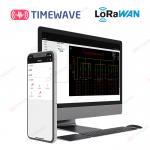
|
Intelligent Power Distribution Monitoring System Management Equipment LoRAWAN |
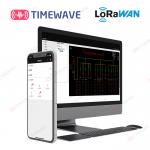
|
ISO/IEC 9001 ISO/IEC 27001 Power Distribution Monitoring System Management TimeWave |
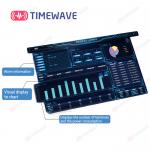
|
LoRAWAN Environmental Power Distribution Monitoring System Platform Intelligent |
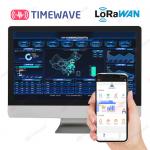
|
Energy Management Power Distribution Monitoring System IoT Intelligent |
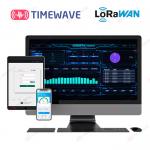
|
Outdoor Indoor PDU Monitoring Software Controlling Management System |
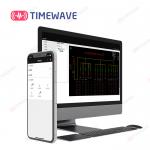
|
Environment Power Distribution Monitoring System iFSU centralized control |

